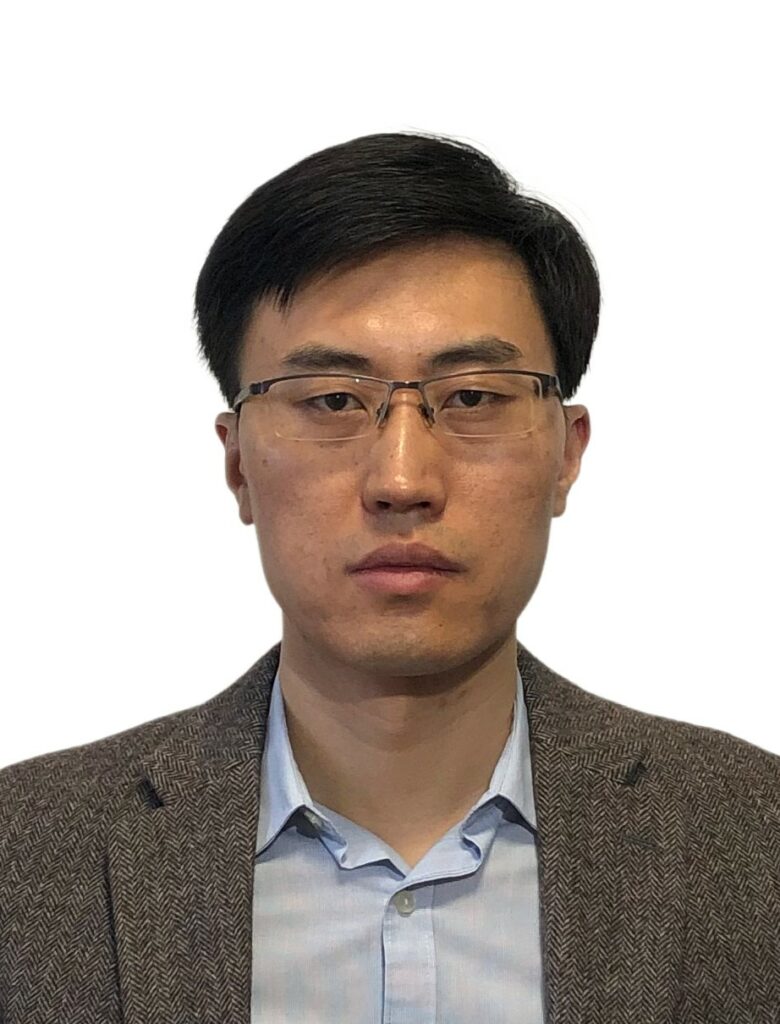AH: In China, young students are more and more engaging in public affairs through social media, relevant forums… And youth engagement in this issue is important since they are likely to be policymakers one day. Are there constraints on freedom of dialogue by students on this issue? If students publish research that critiques Chinese policy and practice, would that be detrimental to their careers?
TZ: I think that’s just the reality people have to deal with. It’s impossible for anyone to make critical comments about government policy. I think that’s well understood. Of course, that may affect some people’s capacity to conduct and promote research. But again, we live in the real world, that’s what we need to deal with. There may still be ways that people can conduct balanced and informed research and explain their research results in an intelligent manner. There are always obstacles, but people can try to come up with innovative measures to overcome the obstacles. We live in an era where there is a growing danger of nuclear arms race and even of the use of nuclear weapons in future military conflicts. We can’t afford allowing nuclear weapons to be used again. For this purpose, I think the society will benefit from policy specialists who have deep understanding about all the relevant aspects of nuclear policy. Despite existing obstacles, I hope more young people would see why it’s important to conduct research about this topic.
AH: Do the political tensions between US and Chinese governments and Japan and Chinese governments, for example, have any impact on dialogue between academics and students from these countries?
TZ: Very much so. Because of the geopolitical tensions and hostilities, international academic exchanges are affected. Travels across boarders become much more difficult. Of course part of that is due to COVID-19, but part of that is also related to the geopolitical environment. Scholars cannot travel as freely as they could before. Sometimes they got harassed by security personnel both domestically and in foreign countries. In terms of domestic organizations—universities and research institutions—they have all established tighter and more strict security rules and policies that any scholars who want to attend international conference need to apply for official approval. They need to go through longer and more complex procedures to be allowed to conduct international academic exchange. All these impose a dear price on the experts’ capacity to communicate and keep in touch with their colleagues in foreign countries. Sometimes for scholars even to attend an online virtual meeting that might have foreign audience would require a very complex and strict approval procedure. So you can imagine how hard it has become to conduct normal academic activity and communication. Geopolitical relations have very serious and deep impact on the capacity of academics to conduct research and exchange.
I argued in one of my written papers that we are now witnessing a gradual decoupling of the expert communities between China and some western countries. The two expert communities, they no longer talk with each other as much and they don’t meet with each other. They access different information all the time. They meet with greater and greater difficulty in simply exchanging ideas and comparing notes. So gradually their mindsets will drift apart and they will no longer understand each other including having different understandings about basic facts. They will develop deeper and deeper misunderstandings on specific policy issues, which cumulatively will evolve into greater and greater strategic distrust. So I’m very worried about this trend of academic decoupling because in the long run it will affect our policy making at official level. It will only foster greater misunderstanding and hostility. I do hope after the pandemic is under control, people can resume some previous academic exchanges. And hopefully if the overall political relations among the major powers can be better managed and political leaders are willing to stabilize the overall relationship, that may gradually reduce some of the difficulties for scholars. Much of the challenge is beyond the control of individual scholars. Those are requirements by their organizations and institutes, so they have to go through this process. It’s not really up to themselves.
That said, at the individual level, there is still room for efforts. People can still write and publish publicly. There are still some opportunities to attend meetings. I would acknowledge that scholars who are independent would have more opportunities to do so than those scholars who are affiliated with official research institutes. Maybe those more independent scholars can play a greater role in continuing and promoting international exchanges.
